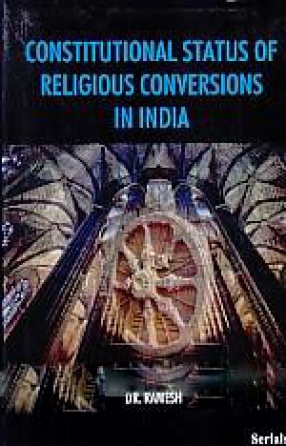The book may be referred as urban medical anthropology. This contains a large volume of knowledge on social sciences aspects of health and health services in the Indian cities. This is a study of health behaviour of the urban slum dwellers of an Indian city in the context of various health institutions available and accessible to them. It highlights how the slum population and their cultural perceptions and meanings of various health problems are persisting in their given socio-economic, political and ecological situations. This book attempts to investigate how slum, residents who are migrated in the cities of the developing countries like India from different cultures, social groups and geographical areas explain the causes of ill-health, the types of treatment they believe in, and to whom they turn if they do get ill. It also looks into how the beliefs and practices relate to biological changes in the human organism, in both health and diseases. The book also highlights, the existence of health institutions is the manifestation of social change including socio-economic and socio-political development. In this light, how the slum dwellers have been in turn, developing a sense of direction in fulfilling their health needs depending upon the accessibility and availability of health care services. Thus, the diffusion of health culture is being perpetuated by some of the determinant factors, as configuration of health institutions constituted both at the local set up and of a wider network of health services. The author has also tried to examine the aspects of ‘health culture’ of slum dwellers with an understanding that slum is a sub-cultural group of the larger socio-cultural milieu. Individuals and households of slum settings practice their health activities with different sets of economic, social, cultural resources. In the face of a new socio-economic and physical environment, the slum populations perpetuate the cultural and institutional health care facilities available and accessible to them and thus, develop a particular heath behavioural pattern for coping with the complex and heterogeneous urban life.
Health Sector Reform in India: Perspectives and Issues (In 2 Volumes)
This book may be referred as ...
$90.00
$100.00






There are no reviews yet.